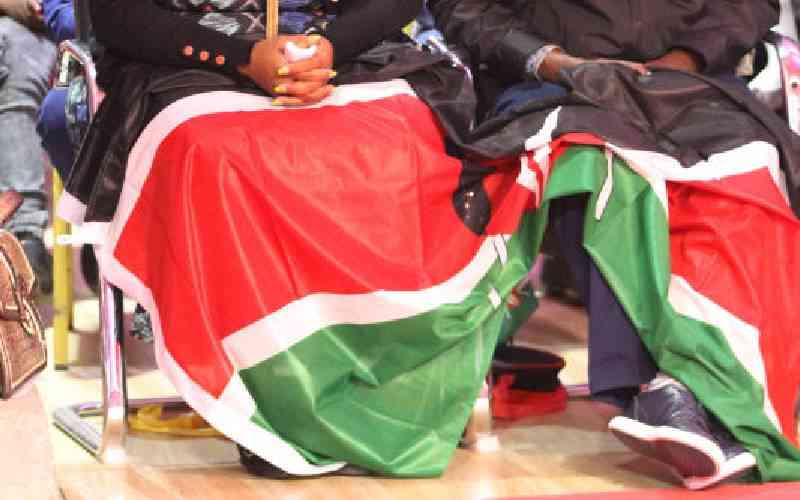
The obsession with restricting the use of the Kenyan flag has been relentless yet illogical in every sense. We have permitted outmoded laws and overbearing State officials to perpetuate 'mystery' around a key national item that signifies our identity, unity and pride.
A cursory look will tell you Kenya is among countries where citizens aren't big on the flag. They fear touching let alone owning or keeping one at home. It almost scares them off. Here, you must be in a position of privilege to flaunt the flag. Governors tried to fly it in 2014 but quickly recoiled after their bid met full fire from Parliament and the Office of the Attorney General. The courts too flipped the bird!